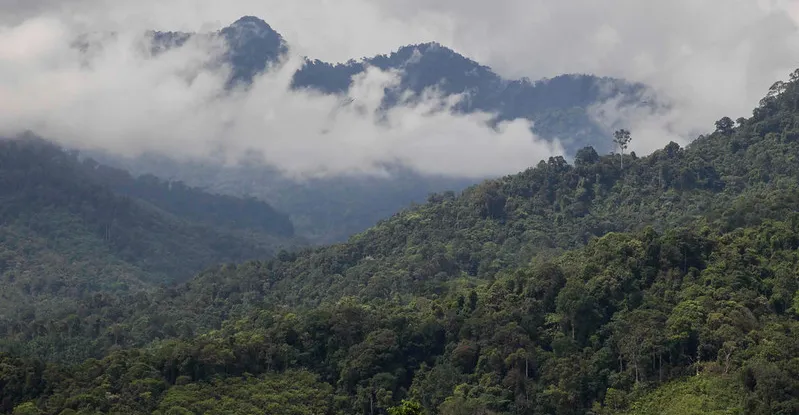Continued reduction in deforestation in Indonesia, which would help to fight climate change, will require a consistent mix of policy approaches and implementation that is all founded on a strong understanding of the local context as well as the requirements of a range of stakeholders.
That was a key message from a science and policy dialogue session examining approaches to understanding deforestation, the needs of local communities, sustainable livelihoods, and the role of agriculture in implementing policies through the Reducing Emissions from Deforestation and Forest Degradation (REDD+) programme.
The stakes are high: measures must help to mitigate climate change, Budi Haryanto, Chairman of the University of Indonesia’s Research Center for Climate Change (RCCC-UI), noted in his opening remarks to the session Taking local context into account in REDD+ policies implementation held 14 December 2022.
“We hope today’s discussion will support the advancement of science as well as policies in forestry and development, as well as the mitigation and adaptation to climate change at the local, national, and global levels,” Haryanto said. The RCCC-UI, working with the Center for International Forestry Research and World Agroforestry (CIFOR-ICRAF) and partners, is implementing a Global Comparative Study on REDD+ (GCS REDD+).

